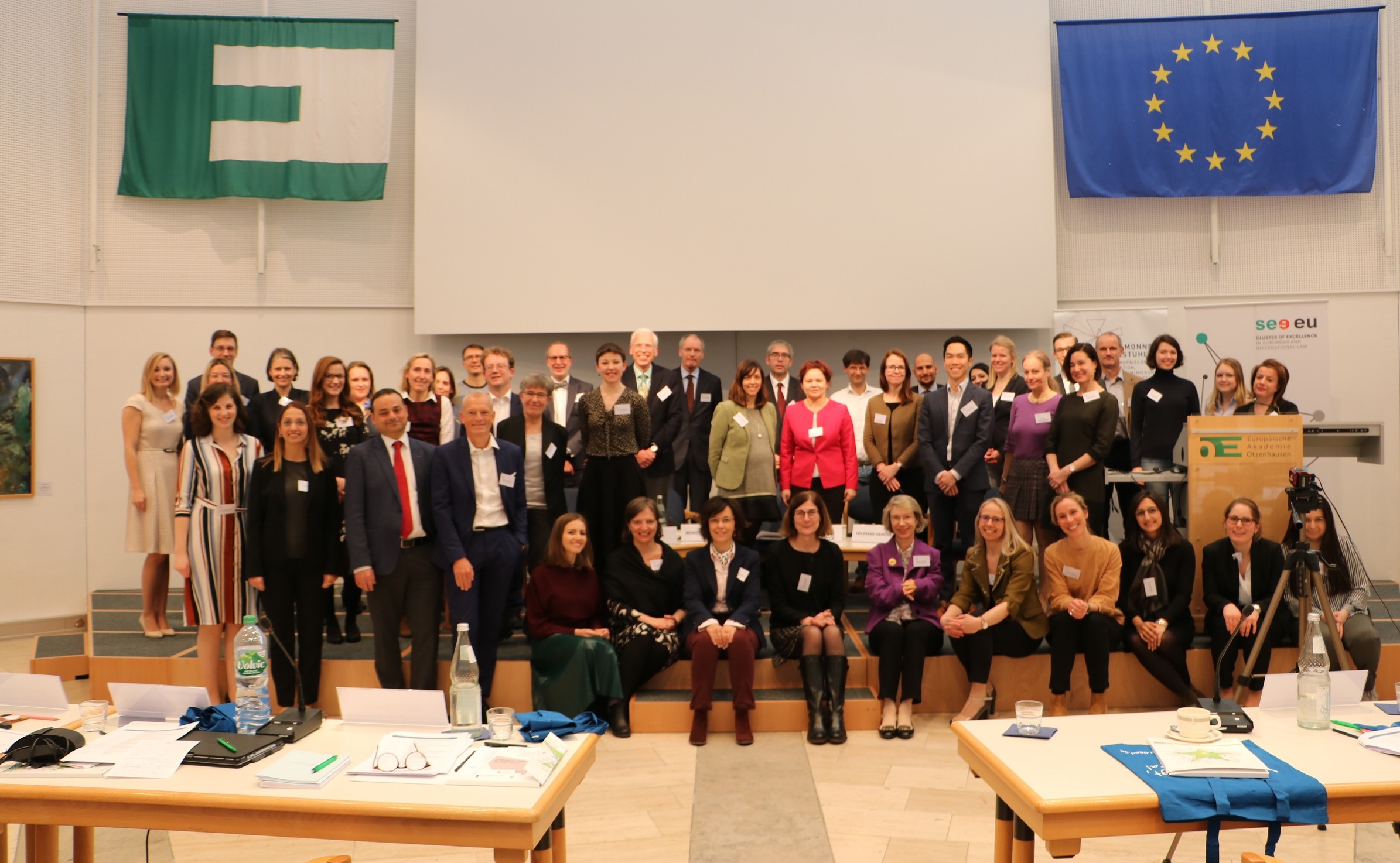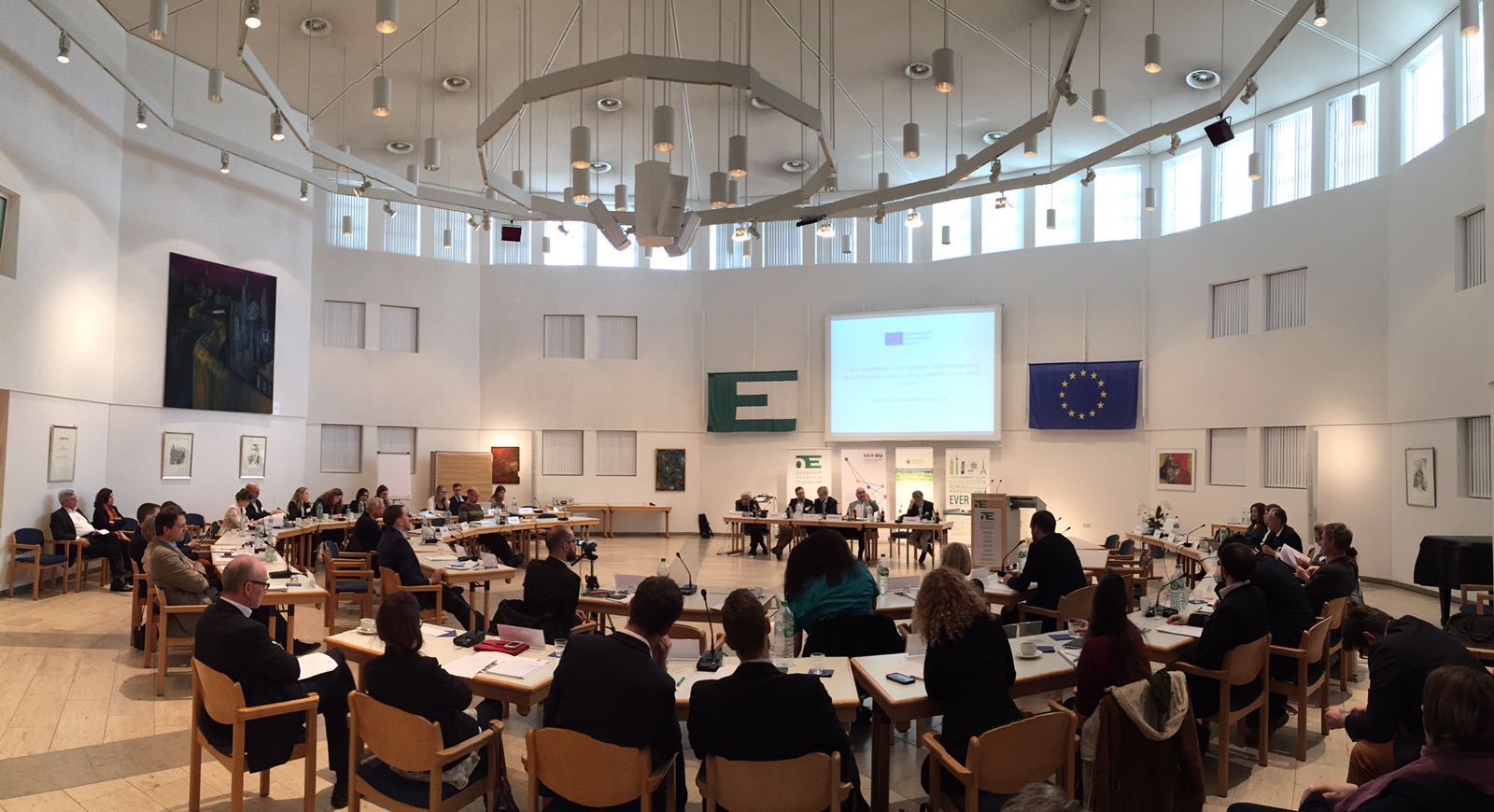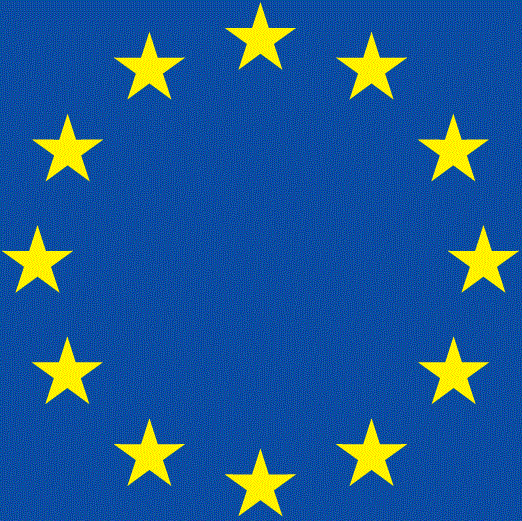
Schlagwort: Europäische Akademie Otzenhausen

Jean-Monnet-Saar-Stipendien vergeben
Der Jean-Monnet-Lehrstuhl von Univ.-Prof. Dr. Thomas Giegerich, LL.M. hat zum zweiten Mal zwei Stipendien an herausragende Studierende der Rechtswissenschaft vergeben. Gianna Eckert und Florian Zenner
Weiterlesen
Tagungsbericht Jean-Monnet-Symposium
Der Tagungsbericht zu unserem Jean-Monnet-Symposium, das vom 7. bis 10. April 2016 an der Europäischen Akademie in Otzenhausen stattfand, ist nun online. Der Bericht, der
Weiterlesen
Photo-Gallery of the Jean-Monnet-Symposium: „How much Differentiation and Flexibility can European Integration Bear?“
Selected pictures of the Speakers and Participants of the Jean-Monnet-Symposium: „How much Differentiation and Flexibility can European Integration Bear?“, which took place at the European Academy of Otzenhausen,
Weiterlesen
Video-Recordings of the Jean-Monnet-Symposium: „How much Differentiation and Flexibility can European Integration Bear?“
Friday, 8 April 2016 A. Introductory Comments Prof. Dr. Thomas Giegerich, LL.M. (Europa-Institut, Saarland University): How to Reconcile the Forces of Enlargement and Consolidation in
Weiterlesen
Jean-Monnet-Symposium, 08. und 09. April 2016 – Update
The Jean-Monnet-Chair for European Law and European Integration is currently organizing an international and interdisciplinary conference on the future of European integration, to be held
Weiterlesen